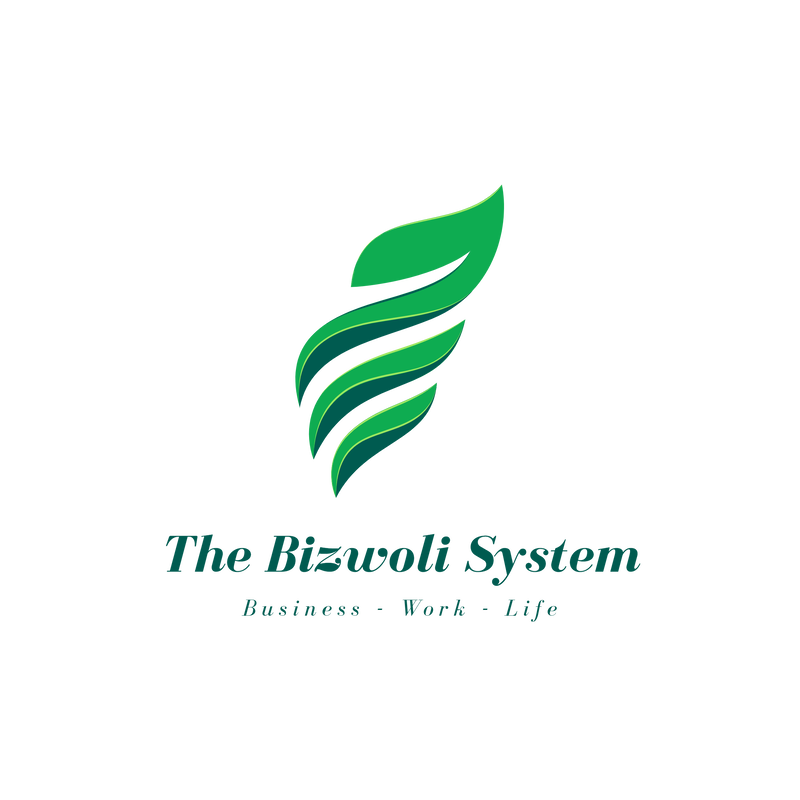 What is the "soft stuff" we must deal with in an organization? The "soft stuff" is the stuff we don’t see on the surface. It lurks behind the scenes but, it's the fuel that keeps organizations going. You see, organizations are made up of people and people do and say things that are not readily visible. People think and have habits, skills, emotions, beliefs, values, attributes and attitudes. All of these people characteristics make up the "soft stuff". Another area where "soft stuff" lurks is in the vision, mission and values that drive the company, as well as in the systems and processes a company has to get the work done. These are often referred to as “that’s how we do things around here,” and show up as major contributors to the company’s culture. Companies often produce or sell "hard stuff". They make or sell such things as machinery, vehicles, computers, bottled water, groceries, construction material, and office supplies. These are considered “hard” because they are made up of hard materials and appear “real” to people. Inside the business employees work with computers, office equipment and supplies, telephones, vehicles and other mechanical devices which are also considered “hard.” Let's put it another way. I am writing this article with a computer. It is a piece of machinery with a keyboard, monitor, hard drive, mouse and many other components. These are the hard things. The computer doesn't work, however without two things. Someone to make it work and something inside it to allow it to produce the letters, visuals, files and such on the monitor. On the inside we have the software. It’s invisible and made up of numerical equations and programming language that tells the computer what to do and when to do it. I don’t see all that “soft” stuff. What I do see is the images on my screen. When my computer breaks down, I take it to a computer repair shop. They fix the hard stuff. When my software has a glitch, I refer it to the software company and the people there fix the soft stuff. The analogy also applies to businesses, although I like another analogy. That of an iceberg. On the surface we see the visible hard stuff but underneath lies all the soft stuff that gives life to the business. And, like the iceberg there is more that lies beneath the surface then floats on top. What lies beneath is deeper, sometimes more difficult to fathom, but is absolutely fundamental to keeping the iceberg afloat. It's the soft stuff that keeps the business afloat. Without people functioning at peak performance, effective systems and processes and a healthy culture, companies are doomed to breakdown and in some cases fail completely. They go the way of the melting iceberg. None of the "hard stuff" that is manufactured, sold or worked on, works without people. And, although people make or sell hard products the people themselves interact and relate in ways that exhibit the “soft stuff.” The "soft stuff " becomes everyone's business in the organization. But it is the manager's responsibility to encourage the development of "soft stuff" and remove barriers to let the "soft stuff" flow. "Soft stuff" becomes the manager/leader's product – it becomes their "hard stuff." And it’s often this stuff that gets in the way of a well-functioning business. That's why we often hear the phrase from managers, "I really like my job, if it wasn’t for the people issues I have to deal with." Basically what they are saying is "this soft stuff is really hard." When things go awry in companies there are usually two major reasons. First, there is “hard stuff” failure such as equipment and vehicle breakdown, or there is "soft stuff" failure caused by people, systems or process breakdown. The first can easily be fixed or replaced in a timely fashion; the second is usually “harder” to fix and takes more time. That’s why many people refer to the “soft stuff” as their “real hard stuff.” Questions to Answer How is your "soft stuff" working in your business? Are communications open and clear? Do people work effectively in teams? Are roles, responsibilities well thought out? Do you have a clear vision and set of values that give people a sense a purpose? How are decisions made - collaboratively or top down? Do you have high turn-over rates which are symptomatic of a toxic organizational culture? Are you satisfied with how people relate to each other and your customers? All of these questions get to your "soft stuff." If you have issues in any "soft" areas, fix them before they become "hard wired," within your organization. How is your "soft stuff" working with your colleagues? Do you communicate non-defensively with them? Do you listen empathetically to them? Do you collaborate effectively with your team members? Do you value integrity, compassion, and kindness in the workplace? Do you engage with others peacefully? Do you work at building trust with colleagues and customers? Do you respect other's point of view? Is your "soft stuff" hardwired? Do you maintain a high level of ethics? Do you consistently act on your values? Are you calm in times of stress? Do you manage anger well? Do you extend a helping hand when not asked? Do you relate to others with honesty and integrity? Are you vengeful or forgiving? Are you highly self-motivated, or do you expect others to motivate you? Most of the articles on Fontanie|Magazine are about the "soft stuff." This is by design. We hope they help people in business, at work and throughout their lives become better equipped to deal with the "soft stuff" that is so important for them and others; and, just maybe some of that "soft stuff" won't be so hard. Author: Richard P. Fontanie MSW, FCMC
0 Comments
Leave a Reply. |
Categories
All
Archives
July 2024
|
Photo from TheBosque


 RSS Feed
RSS Feed
